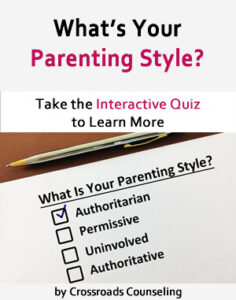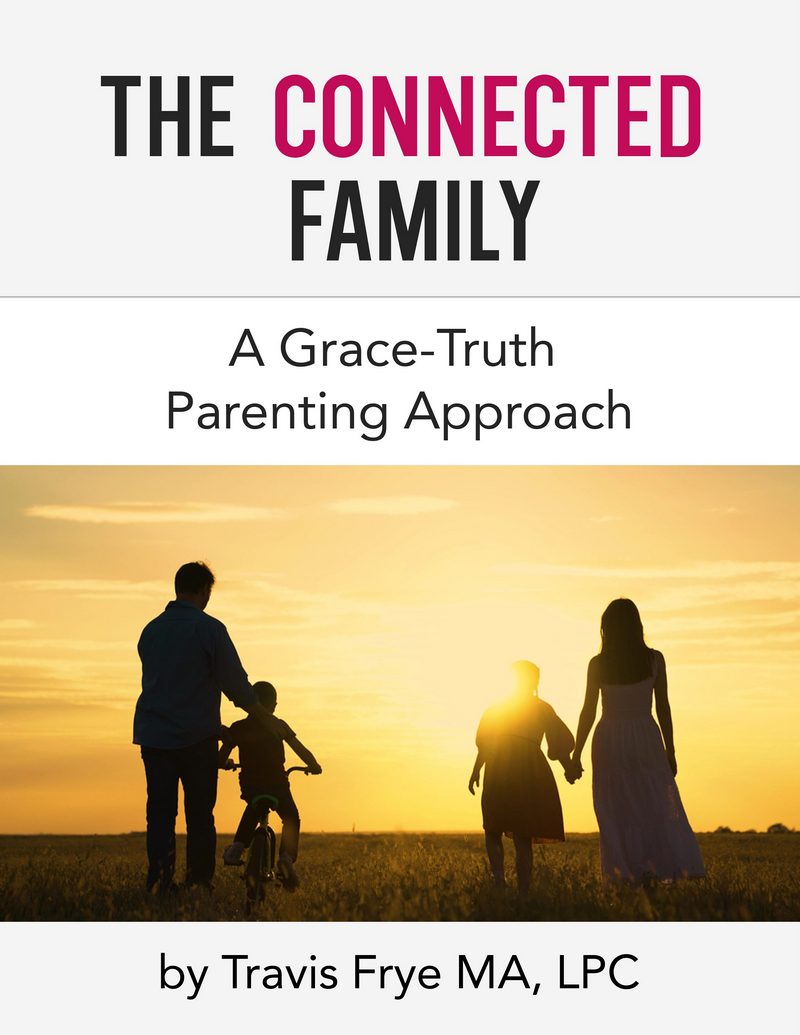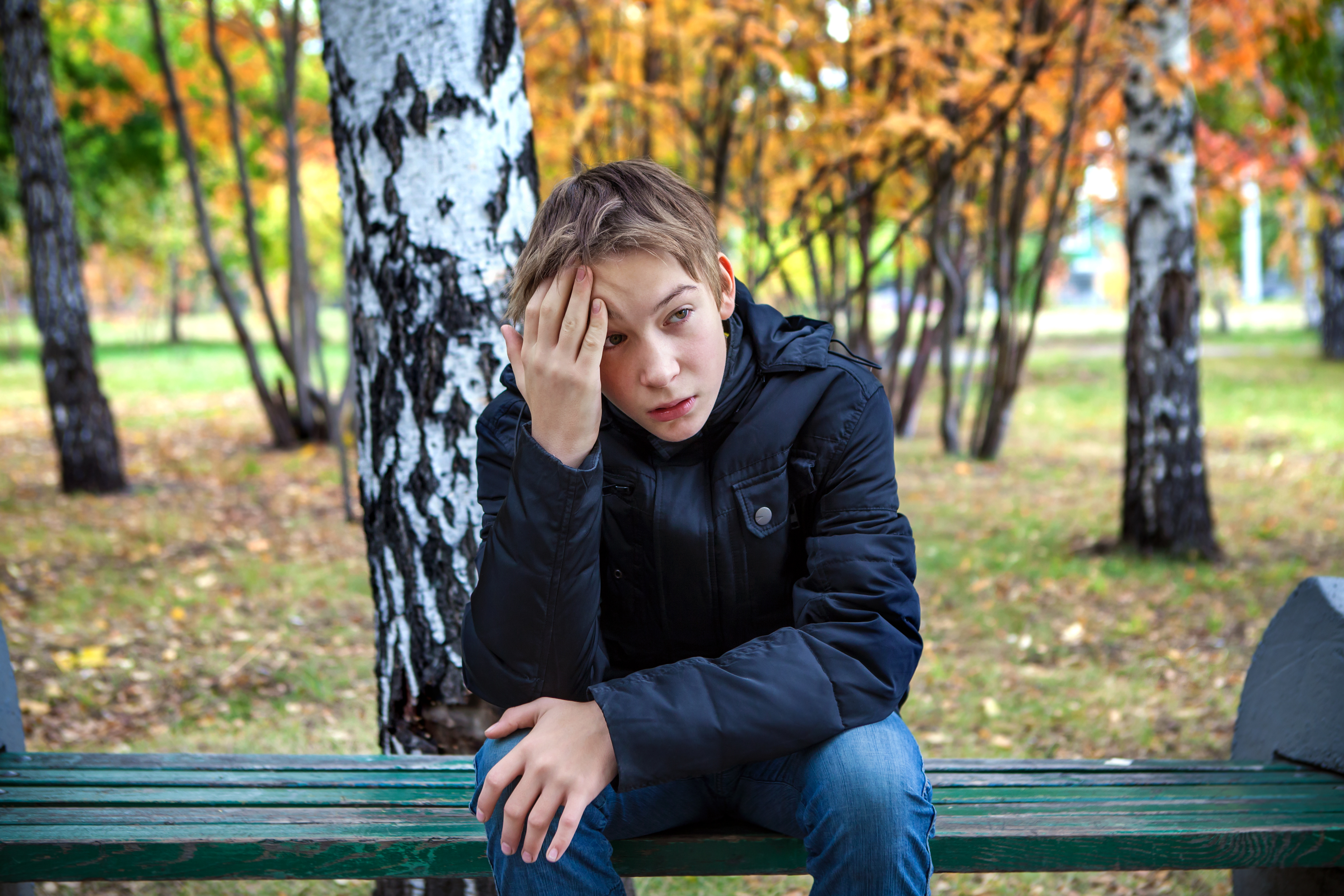Teens and Social Media: The Good, the Bad, and the Horrible.
Remember a long, long time ago (in tech years), when your mom and dad yelled at you to get off your phone? Back then it meant they were tired of the constant ringing, answering, and hanging up. They were bothered by your adolescent, one-sided versions of the day’s latest teenage dramas.
Now, you’re the parent, and “get off the phone” means stop staring, smiling, smirking, or glaring at the phone. In silence. Because you really have no idea what your child is “saying” or “hearing,” as he taps and swipes the screen.
What’s going on in your teen’s social media life?
Should you be worried? Maybe.
Should you find out? Definitely.
But first, a little research-based information, to keep you informed about the impact social media may be having on your child’s life:
The Good:
- Increased awareness, influence, and social participation in matters relevant to them.
- Improved self-awareness and ability to present, develop, and preserve connections that afford the opportunity to learn how to communicate, navigate, and function independently and safely in a social environment.
- Increased opportunity for creativity, decision-making, and feedback as it pertains to their own talents, activities, or interests.
- Facilitates marketable learning and application skills. Social media prepares teens for a market that relies heavily on appropriate use of imagery and text formats.
- Improved ability to collaborate with others. Teens must pay attention, seek information, and share new tech environments by observing and engaging others.
- Expands and encourages exploration and discovery. There are few interests and ideas a teen won’t find some measure of social media support for, in the form of sites, apps, chat rooms, and more.
- Sleep disturbance is a common occurrence among teens with unchecked access to their phones and social media sites, as they physiologically remain on “tech alert.”
- Self-esteem problems may result as teens compare themselves to each other, as it seems everyone has a more exciting life, or more success than they do.
- Exposure to disagreeable content that undermines family values may start to affect your teen’s ability to function in family life.
- Risky behavior may be exacerbated. Your teen may find a peer group to share, engage, and post problematic behavior.
The Horrible:
- Predators/cyberbullying. Some teens find themselves vulnerable to predators who use the social media platform to falsify profiles, and misuse private information, enacting constant cruelty and public humiliation. This may lead to ongoing and devastating consequences for the bully, and the bullied, once messages and images are posted to the Internet.
- Physical and mental health ramifications. Studies show that teens who spend extreme amounts of time on social media (more than three hours a day) are more prone to smoking, binge drinking, physical altercations, truancy, and thoughts of suicide.
- Porn. Social media can be damaging, and present ideas about sexuality that are incorrect and dangerous, in repetitive and seemingly believable contexts. Sharing of sexual images of teens themselves can alter a teen’s current life, and future opportunities, once he or she is connected to illicit sexual materials.
- Internet addiction. Recent studies show that teen girls often defer to social media for support, when they are anxious or insecure, rather than real-life relationships. Young men are found to spend less time on social media, but equally unable to disconnect for long, in between sessions. The “fear of missing out” is nearly overwhelming for many.
So, now you know what could be going on while your teen is bent over that glowing screen. It may be time to look closer, ask a few questions. Find out how social media is really operating in your teen’s life.
Teen Counseling in Phoenix, Scottsdale, and online in Arizona
If your teen could benefit from meeting with a therapist please reach out. Our team of therapists work with teens struggling with anxiety, relationships, depression, and with teens who just need some extra support. We are happy to offer services from our Phoenix, AZ-based practice and in Scottsdale. You can start your therapy journey by following these simple steps:
- Contact Crossroads Counseling
- Meet with a teen therapist
- Start the healing process
Our offices are located throughout the valley with counseling centers located in Phoenix, Anthem, and Scottsdale. Call us at 623-680-3486,text 623-688-5115, or email info@crossroadsfcc.com. We offer a complimentary 20-minute phone consultation to answer your questions and better understand how we can help you. Contact us to learn more about the variety of mental health servcies that Crossroads Counseling offers.








